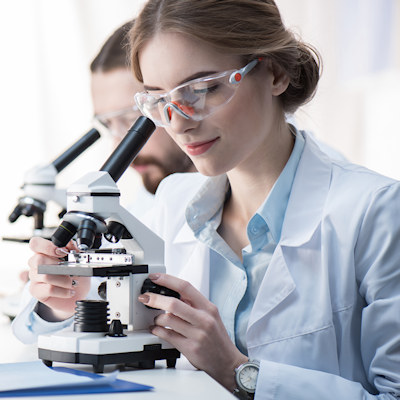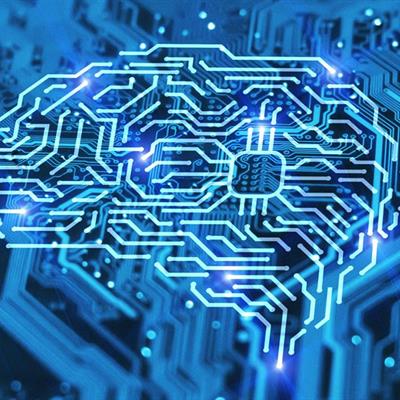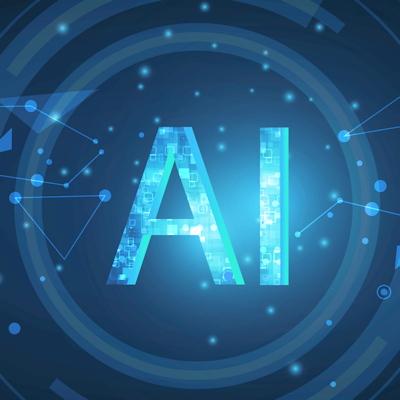September 14, 2022 -- The National Institutes of Health (NIH) plans to invest $130 million over four years to accelerate the use of artificial intelligence (AI) by the biomedical and behavioral research communities.
The Bridge to Artificial Intelligence (Bridge2AI) program aims to meet pressing human health challenges by bridging the gap between biomedical science and AI, according to the agency's announcement.
Managed by the NIH Common Fund and other groups, the Bridge2AI program is assembling team members from diverse disciplines and backgrounds to generate AI-responsive tools, resources, and state-of-the-art data sets. NIH's hope is that improved data can better uncover how genetic, behavioral, and environmental factors influence a person's health throughout their life.
Although AI is currently used in medical research and healthcare, its widespread adoption has been hampered by incomplete data sets, NIH said. Routinely collected biomedical and behavioral data sets often lack vital contextual information, including data type and collection conditions, limiting AI's ability to accurately analyze and interpret data, according to the agency.
By generating ethically sourced, high quality data sets, the Bridge2AI program is intended to help scientists better harness the power of AI for biomedical discoveries and improve decision-making by producing a variety of diverse data types ready to be used by the research community for AI analyses.
"The solutions to long-standing challenges in human health are at our fingertips, and now is the time to connect researchers and AI technologies to tackle our most difficult research questions and ultimately help improve human health," Lawrence Tabak, PhD, who is performing the duties of NIH director, said in a statement.
Copyright © 2022 scienceboard.net









